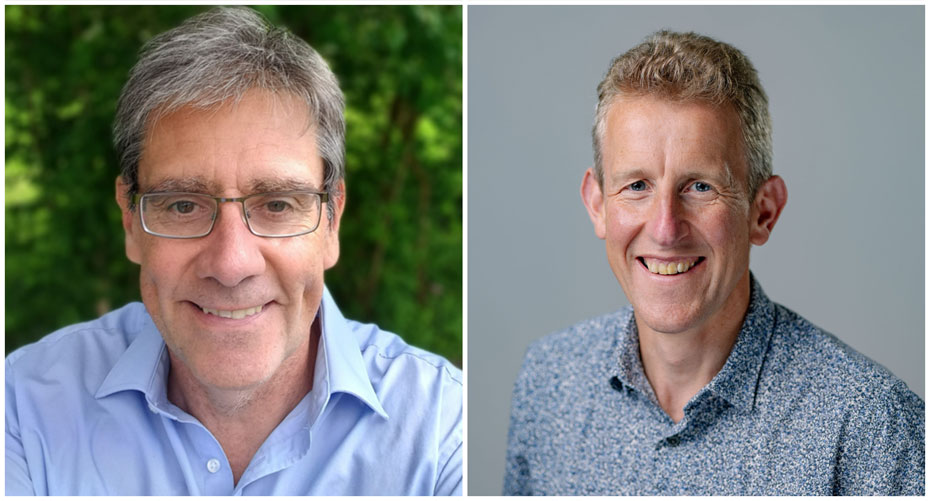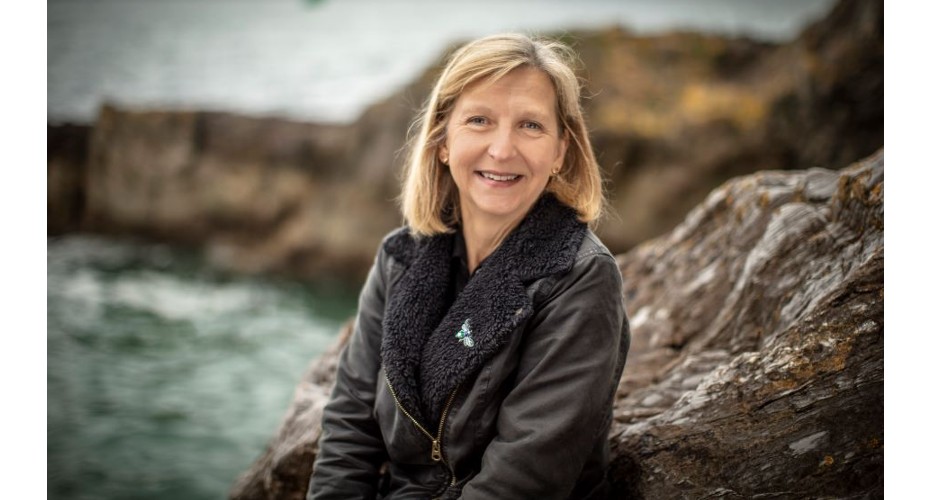Scientists at the University of Exeter have been ranked among the most influential and respected in the world according to the latest edition of a global rankings programme.
Twenty Exeter academics, and a further three who are affiliated to the University, were included in the Highly Cited ResearchersTM 2025 list, produced by Clarivate - marking them among the top 1% in the world by citations in their research field.
Now in its 12th year, Highly Cited ResearchersTM recognises those scholars who demonstrate significant influence in their chosen field or fields through the publication of multiple highly cited papers over the last decade. Based on the Web of Science citation index, the list uses both quantitative metrics and qualitative analysis to measure the 'significance' and 'breadth' of that influence.
This year, Professor Pierre Friedlingstein, renowned for his expertise on the global carbon cycle, was included in two separate categories - for Environment and Ecology and Geosciences. Just 5% of those included on this year's list were ranked in more than one category.
Eleven academics were included in the Cross-Field Category: Professor Gordon Brown, Director of the MRC Centre for Medical Mycology; mathematician Professor Peter Cox, Director of the Global Systems Institute; epidemiologist Lora Fleming, Emeritus Professor; Professor Timothy Frayling, an Honorary Professor and formerly of the Exeter Medical School; Kevin Gaston, Professor of Biodiversity and Conservation; marine biologist Professor Ceri Lewis; Professor Jason Reifler; climate modeller, Professor James Screen; environmental biologist and ecotoxicologist, Professor Charles Tyler; biogeochemist Dr Kees Jan van Groenigen; and Professor Andrew Wood, Associate Professor in statistical genetics and health science data.

Marine pollution expert Professor Tamara Galloway was included alongside Professor Friedlingstein in the Environment and Ecology category, while Professor Tim Lenton, one of the orchestrators of the Global Tipping Points Report; and Professor of Physical Geography, Stephen Sitch, are featured in the Geosciences category.
Jack Bowden, Professor of Biomedical Data Science; Professor Ruth Garside, in Public Health and Sport Sciences; Professor Katrina Brown, environmental social scientist; and Dr Benedict Wheeler were all ranked in the Social Sciences category. Professor Geyong Min, Chair and Director of the High Performance Computing and Networking Research Group, meanwhile, was listed in Computer Science.
Finally, Management expert Professor Herman Aguinis (George Washington University); marine scientist Professor Penelope Lindeque (Plymouth Marine Laboratory); and environmental psychologist Dr Mathew White (University of Vienna), had Exeter listed as an affiliation in their categories of Economics and Business, Environment and Ecology, and Social Sciences respectively.

Professor Lisa Roberts, President and Vice-Chancellor of the University of Exeter, said:
"It is fantastic to see our world-renowned research community represented here in such great numbers and across such a diversity of areas. It is a testament to the global importance, quality and academic impact of the work they, and their colleagues, are undertaking here at the University of Exeter.
"Of course, while recognition is always welcome, it is the desire to tackle some of the most pressing and urgent issues affecting our world that is the force behind this work. From conserving our environment and ecosystems to supporting medical breakthroughs and social wellbeing, the work of our researchers is leading the way towards a greener, healthier and fairer future for everyone."
The Highly Cited ResearchersTM list is designed to spotlight scholars who exemplify excellence in their research as well as integrity in their publication and citation practices.
Based on citation data, the list undergoes refinement using other quantitative metrics, qualitative analysis and expert judgment. It is important to note that Clarivate recognises that there is no universally agreed concept of exceptional performance across science and social science, which means some accomplished and influential researchers may be missed.
This year, a total of 7,131 awards were assigned to 6,868 researchers across 21 Essential Science Indicators (ESI) disciplines and in the cross-field category. Academics from 1,300 institutions in 61 countries appear, 570 of whom were from the UK.






